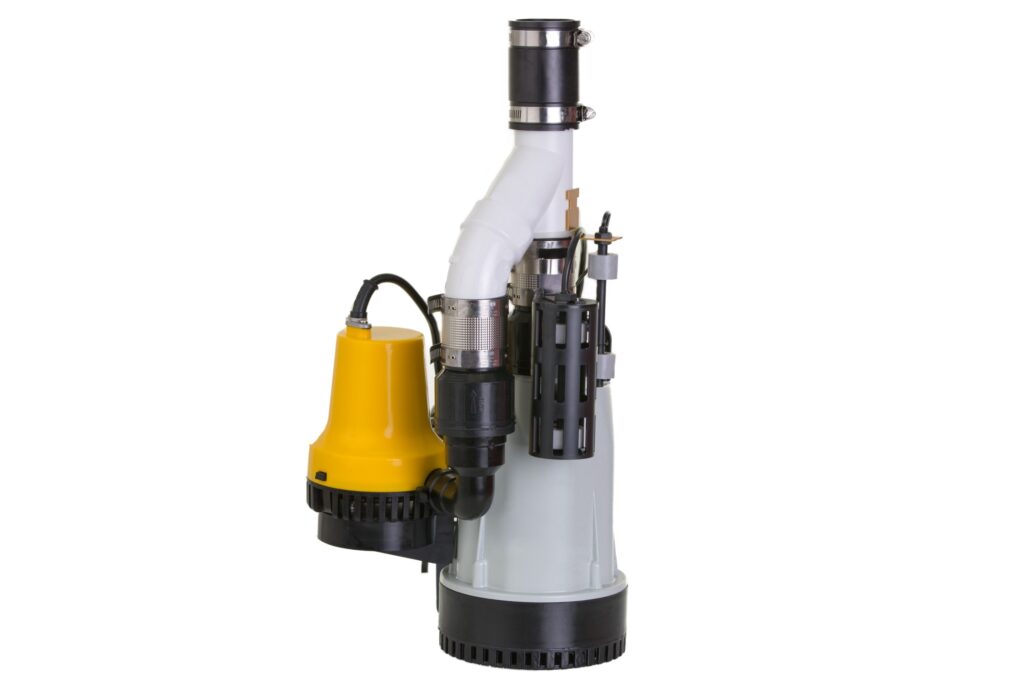What Is a Sump Pump?

A sump pump is a device that drains extra water from your basement to help prevent it from flooding and causing potential damage to your home or belongings. If you live in a rainy part of the country, or near a body of water, you know the risk of your home being potentially flooded, but even if you live in a dryer climate, you could still be at risk for unexpected flooding from a large storm, or even a major appliance breaking.
How Do Sump Pumps Work?
Sump pumps are located in your basement, the pumping system empties into a sump basin or sump pit, which is located in a hole in the lowest level of your basement or crawl space. When the pump’s float switch senses that water has gathered, it switches on and pushes the water away from the home. It turns off as soon as the water has been removed.
Benefits Of Having A Sump Pump
- Minimize the chance of flooding: If water seeps into your basement or crawl area during a hard downpour, flooding could result. A sump pump directs the flow of water away from your home’s foundation, ensuring that neither short-term nor long-term water damage occurs. This means that a sump pump also enhances the indoor air quality in your home by removing excess dampness.
- Prevent mold and mildew growth: Standing water in your basement stimulates mold and mildew growth. Mold can not only cause structural damage to your home’s wooden components, but also aggravate allergies and respiratory issues in your family members. Mildew and mold are less likely to build in your home when sump pumps eliminate standing water in your basement.
- Keep insects and other pests at bay: Excess moisture deteriorates the timber joists and walls that make up the framework of your home. When wood rots, it invites termites, ants, and rodents, all of which introduce toxins and unpleasant odors into your home. Using a sump pump to remove standing water reduces your chance of pest infestation.
- Reduces the possibility of fire or electrical damage: Water and electrical appliances are fundamentally incompatible. If the wires to your washer, dryer, or other electrical appliances become wet, they can cause a power outage or, in severe situations, a fire. Minimize the danger of property damage by keeping water from flooding in your basement or crawl area.
